Charles Darwin: A Revolutionary Figure?
On the anniversary of Darwin’s birth, Rory Cockshaw questions whether our modern understanding of evolution can be wholly attributed to Darwin.
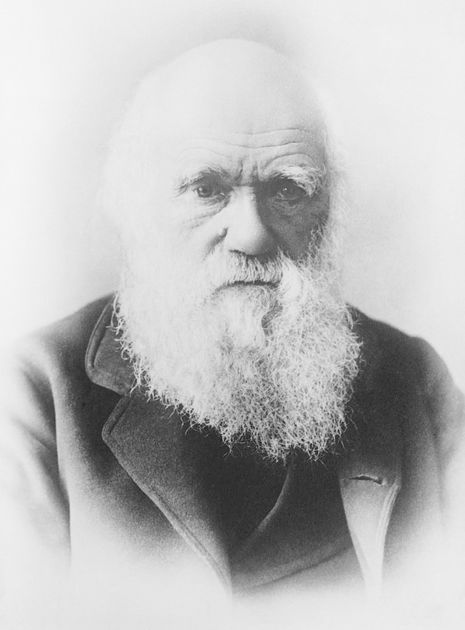
In a historical study of science, one thing becomes clear above all others: remarkably few people, if any, have had the power to bulldoze 'old' science and make way for the 'new'. Philosopher of science, Thomas Kuhn, himself a revolutionary, writes of how ‘normal science’ proceeds in a routine manner while extraordinary shifts take place rarely, as a result of some 'paradigm shift' whereby the tectonic-scale destruction of long-held ideas makes way for an entirely new set of theories.
Who, then, is responsible for these earthquakes in science? Ask anyone, and the answer will be the same: Copernicus, Galileo Galilei, Isaac Newton, Albert Einstein, Marie Curie, and, of course, Charles Darwin and his discovery of evolution by natural selection.
Darwin was born on February 12th 1809, making this year’s Darwin Day his 211th birthday. Fascinated with nature as a child, he later studied to enter the medical profession, where many an early scientist had cut their teeth. Finding the profession not to his taste, he studied instead for the priesthood in Cambridge, where he had ample time in the week to pursue natural history, often skipping lectures to collect beetles from around the Cambridge countryside.
After graduating 10th in his year of 178 students, he went with Adam Sedgwick to conduct geological fieldwork in North Wales and planned to travel to Tenerife to study tropical natural history. Upon arriving home early from North Wales in August 1831, however, he found he'd been invited on the trip of a lifetime: a 2-year voyage on the HMS Beagle as a self-funded gentleman naturalist.
His father, Robert Darwin, was dead-set against the voyage. A young Darwin had already flitted between pursuing medicine and an ordination and decided on neither; now he was off for years on a boat, earning nothing, while his contemporaries were beginning real careers. Thankfully, Darwin's uncle, Josiah Wedgewood, persuaded Robert to fund his son's expedition. Thus, in December 1831, 22-year-old Darwin sailed away, not to be seen again in Europe until almost 1837.
Now, this is the part of the story that people 'know': Darwin sailed to the Galapagos, saw the finches and the tortoises, and with a flash of enlightened genius, realised that the varieties of species seen on these young, volcanic islands had to have come from a common ancestor. Darwin had done it: species were mutable, and not part of some fixed creation. After all, Darwin was a teenager when Mary Anning discovered the first plesiosaur and it was during his travels that she discovered the ichthyosaur – and, in doing so, discovered extinction, immediately throwing into question the fixity of nature. Who is to say, after all, that if species could go extinct, they couldn't also come into being through evolution as a natural counterpart to their disappearance?
Alas, Darwin didn't uncover natural selection at all on his great journey; only once, on the way back home, did Darwin diarise his private doubts on the unchanging permanence of species. The reason for this is in part down to inexperience: Darwin was a geologist, not a zoologist. Many of the finches he collected in the Galapagos he'd labelled as mockingbirds, and it was only on his return and collaboration with the Natural History Museum scientists under Richard Owen that they were recognised as a wide variety of finches. Darwin viewed the variation between islands of the Galapagos originally as just a geographical quirk and not much more while on the voyage; his return home and collaboration with more experienced scientists gave him the real food for thought.
Indeed, Darwin wasn't even the first to suppose evolutionary change in species through time. His grandfather, the writer Erasmus Darwin, was a key evolutionist but wrote his thoughts in verse and with little scientific credibility. Lamarck, who preceded Darwin, also proposed evolution through inheritance of acquired characteristics. These thinkers were widely ridiculed scientifically, not just religiously, because they had proposed no mechanisms, or mechanisms that simply didn't work (scars are acquired, but not inherited, for instance). Darwin wasn't novel because of his evolutionism, he was novel because he realised the mechanism that caused evolution was natural selection.
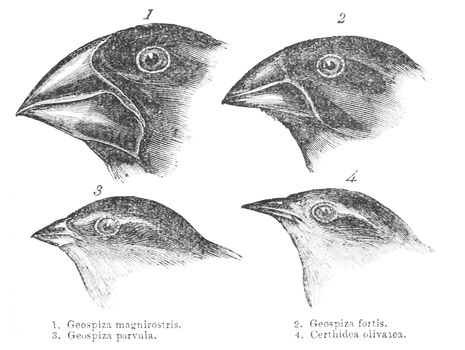
There were other limits to his novelty, too. Firstly, Darwin came up with the theory underlying natural selection at the same time as another naturalist, Arthur Russel Wallace, who had conducted fieldwork in the Amazon and on the Malay Peninsula with whom Darwin jointly published. Secondly, Darwin's theory of common origin didn't lead him to a progressive attitude towards equality. Prejudiced by Victorian ideals, Darwin, Huxley and others managed to justify common discrimination by asserting that Caucasian men were the pinnacle of evolution. Darwin himself said that "man has ultimately become superior to woman".
Rome wasn't built in a day, and a revolutionary understanding of origins doesn't immediately translate into equality. However, there are some interesting nuances to Darwin's views. His wife Emma is described by their great-great-granddaughter (a writer also named Emma) as an "enabler" who was "always Charles' first reader". Evidence from letters suggests she was something of a free-thinker religiously, so was able to tolerate her husband's lifelong doubts and eventual agnosticism on the topic of God. She remained Darwin's closest confidante throughout their lives together. Further, Darwin remained a passionate abolitionist as long as he lived, saying it was impossible for him to see a black man and "not feel kindly towards him" because of what he saw on his travels to the Americas.
In later life, Charles Darwin suffered heavily from long-term illness (perhaps from a bite sustained in Argentina in 1835) and died on April 19th 1882. While we speak of Darwin as a giant of science – one of the very few who have so utterly changed the way we think about the world – he did not exist in a vacuum. He lived in one of the most interesting periods in scientific history, when the world started to move away from religious dogma and towards an unapologetically scientific paradigm. He may have been just one piece in the puzzle that made up Victorian science, but he was certainly a great one.
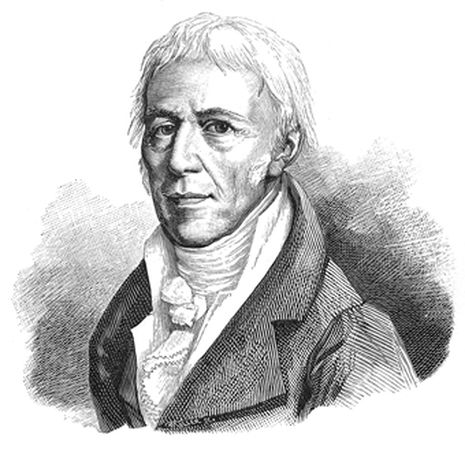
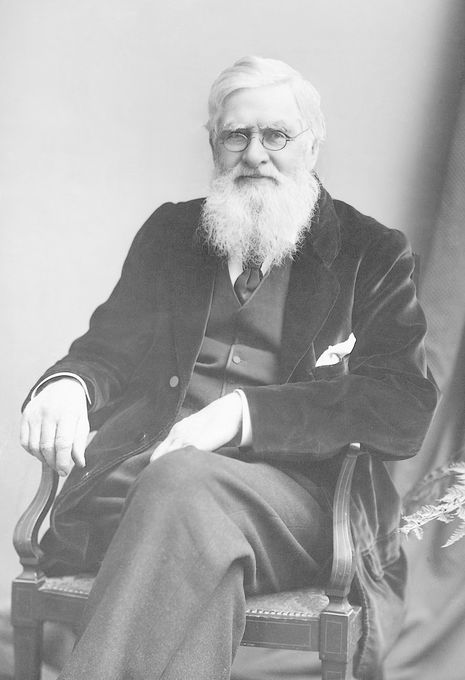
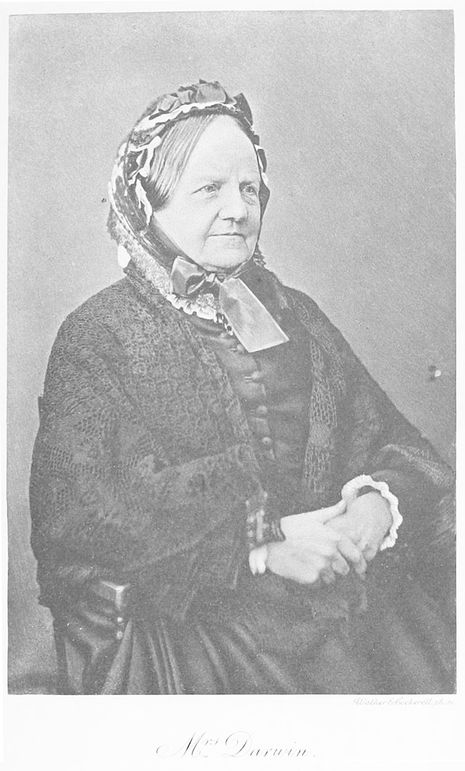
 News / Hundreds of Cambridge academics demand vote on fate of vet course20 February 2026
News / Hundreds of Cambridge academics demand vote on fate of vet course20 February 2026 News / Judge Business School advisor resigns over Epstein and Andrew links18 February 2026
News / Judge Business School advisor resigns over Epstein and Andrew links18 February 2026 News / Petition demands University reverse decision on vegan menu20 February 2026
News / Petition demands University reverse decision on vegan menu20 February 2026 News / CUCA members attend Reform rally in London20 February 2026
News / CUCA members attend Reform rally in London20 February 2026 News / Caius students fail to pass Pride flag proposal20 February 2026
News / Caius students fail to pass Pride flag proposal20 February 2026









